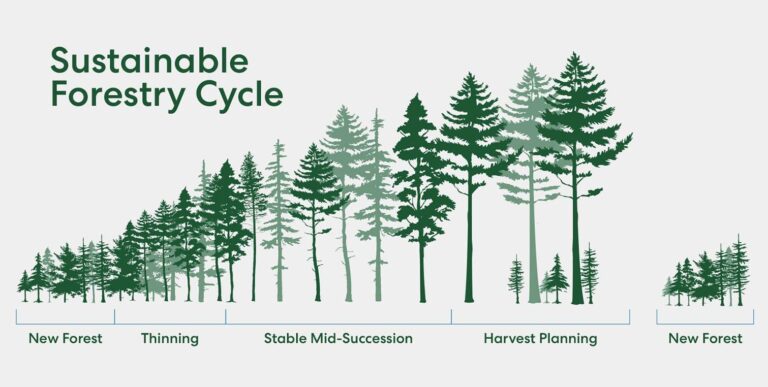Introduction to Forest Sustainability
Forest sustainability is crucial for the well-being of our planet and its inhabitants. As forests play a vital role in maintaining ecological balance, preserving biodiversity, and supporting livelihoods, their sustainable management becomes a pressing global concern.
The Role of Forests in Poverty Alleviation
Forests provide direct benefits to impoverished communities through resources such as timber, food, and medicinal plants. Many people living in rural areas depend on forest ecosystems for their daily survival, making them an essential component of poverty reduction strategies.
Linking Forest Sustainability to Socioeconomic Development
Investing in sustainable forest management can lead to significant socioeconomic benefits. By ensuring forests are maintained and preserved, communities can harness their resources without jeopardizing future generations’ prospects.
Community Engagement in Forest Management
Involving local communities in forest management practices fosters a sense of ownership and responsibility. Community-driven initiatives not only promote sustainable practices but also empower individuals to contribute to poverty reduction efforts.
Challenges and Solutions
Numerous challenges hinder sustainable forest management, including deforestation and climate change. Addressing these issues requires a multi-faceted approach, combining policy changes, community engagement, and sustainable practices.
Global Initiatives for Forest Sustainability
Various organizations and initiatives are dedicated to promoting forest sustainability worldwide. One such initiative focuses on the interconnectedness of forest preservation and poverty reduction, which can be explored in detail at The Borgen Project.
Conclusion
Ultimately, the sustainable management of forests is integral to combating poverty and ensuring environmental health. By valuing and protecting our forests, we can create a sustainable future that benefits both humanity and the planet.

